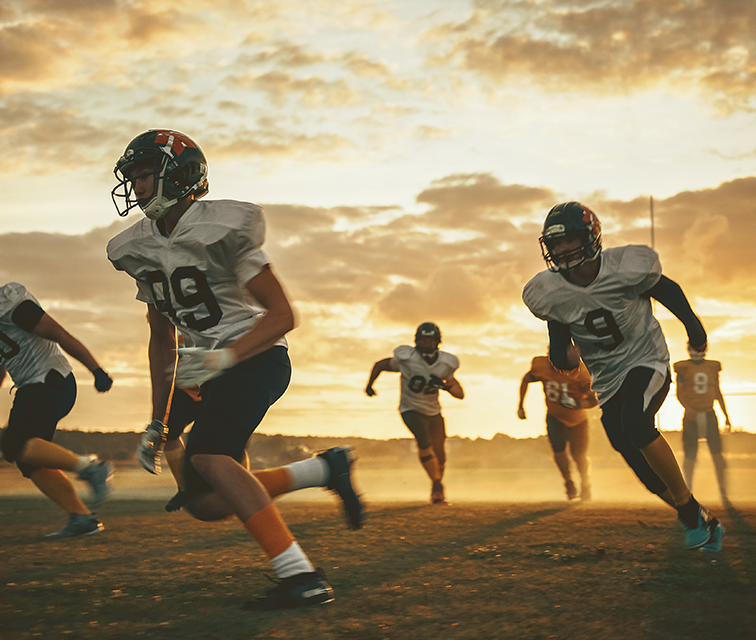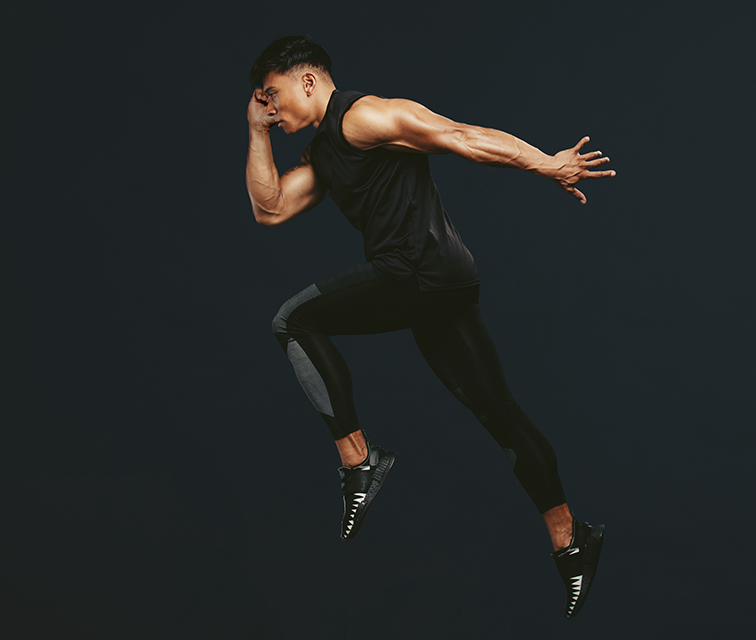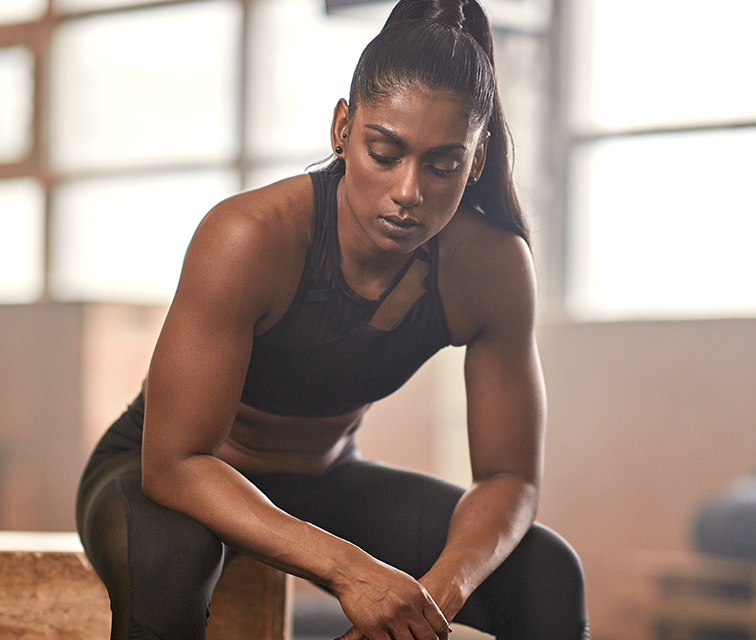Category: Confidence
Confidence CATEGORY ARTICLES
Cold Plunging and Intentional Attention: Building Resilience and Focus in High-Performance Environments
Cold plunging offers more than physical recovery; it provides an opportunity to build mental endurance, focus, and resilience. By training intentional attention (i.e., focus) under controlled stress conditions, we believe athletes can transfer these skills to high- stakes performance environments. Neuroscientific evidence supports the benefits of cold exposure on neural plasticity, vagus nerve activation, and neurotransmitter release, making it an effective tool for cognitive and emotional development.
Read MoreA New Start: Being Your Best During Tryout Week
Exciting opportunities. An unpainted script. A new start. Whether it be this transition into the winter sport season or any other time of the year, the dawning of a new season brings a plethora of excitement, anticipation…and nerves, particularly for tryout week. Whether a team or organization is cut or no-cut, the first week of practice means that athletes will receive a decision at the end of the week based on performance and evaluation of coaches. All athletes strive to be their best during tryout week, yet internal expectations, the pressure of being watched/judged, and fear of the worst often prevent them to. It doesn’t matter whether an athlete is […]
Read MoreThe Power Five: Team Support
There’s truly nothing more fulfilling than being part of a team that functions as a well-oiled machine. We all know that the value of being on a team transcends wins and losses; between all the long bus rides and team gatherings are adversity-defying moments, character-building experiences, and budding friendships, all of which can serve as puzzle pieces that shape an athlete’s life for decades to come. The dynamics of a team can truly shape lives…a vehicle for culture, growth, and learning. Yet in a puzzle, no one piece looks the same…but they all play a critical role in creating a rock-solid final product. The same can be said for the […]
Read MoreThe Power Five: Performance Mindset
We all want to find ways to increase our mental game to compete our best on game day. And while we can’t always control outcomes, we can control how we prepare and what tools we use to get in the right mind space before and during competition. Finding that sweet spot requires a performance mindset. What is a Performance Mindset? A performance mindset is a way of seeing performance as a collection of small, controllable steps and skills, and prioritizing those which are necessary to succeed. Think of a performance mindset like putting gas in your car the night before a long drive. The task of filling up the tank […]
Read MoreNeutralize Negative Self Talk in Under Ten Seconds
We’ve all had it, that niggling voice that discourages us before or during competition. Self-talk is our inner narrator, and when it directs our attention to destructive thoughts or feelings, it can deep-six our performance levels. Thankfully, mindfulness training teaches us an easy way to strip power from this kind of talk, and separate ourselves from its consequences. Mindfulness teaches us to shift away our attention away from analysis or judgement, and toward observation and acceptance. An analytical mind evaluates and reacts. It examines the past, it anticipates the future. It worries and it avoids. The observing mindset merely notices and accepts. It doesn’t get hooked by negativity or try […]
Read MoreBecoming Resilient: Daily Mental Health Routines
To become resilient, routine and mental health are paramount. Let’s dive into a practice that achieves both, and create a Healthy Daily Mental Health Routine. Morning Routine: Set Your Intention Starting the day with an intention can be a very positive, a very important first step. So often, we just wake up and we let the day, and the stress of the day, hit us without thinking of how we want to be, how we want to respond. Some of the best athletes and the best leaders that I’ve worked with set their intention for the day when they wake up in the morning. They think through what the […]
Read More





